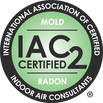Mike's Home Inspector BlogMichael Burfitt |
|
As I sit here writing this blog post, Halifax is yet again experiencing another hot and humid day. Our home, like many others in this region, boasts a design suited for colder climates to keep those pesky heating bills in check. However, the downside to this setup becomes apparent in the months of July and August. While Nova Scotia's climate typically doesn't necessitate air conditioners (A/C), having one makes sleeping at night a breeze. To combat the heat and lower our winter heating bills, we installed a heat pump system, essentially a reversible air conditioner, in our home. Unfortunately, due to some limitations, we couldn't set it up in the bedroom areas, and window units weren't an option either. Therefore, we rely on a portable air conditioner to keep the temperature as comfortable as possible. Though it does help to some extent, let me be clear that these portable units are far from being ideal solutions. I won't delve into technical jargon about the vapour compression cycle and A/C physics to avoid putting you to sleep, hopefully in a cool and air-conditioned space! Now, let's talk about the flaws of portable A/C units. One of the most obvious downsides is their noise level. Unlike typical air conditioners that have their compressors and fans located outside, portable units have all the noise-generating components inside the home, contributing to a less peaceful environment. As with any air conditioning system, a source of air intake is necessary for these portables to function and unfortunately it's the very same air we're desperately trying to cool on the hottest days of the year! Another issue with portable A/C units is the hot and poorly insulated hose that leads outside when the unit is running. My infrared image reveals that on this particular the A/C hose reached close to 40 degrees on the outside, and unfortunately, some of this warm air returns to the cooled room through radiation. This further reduces the unit's efficiency and adds to your power bills.
Now, the big question: Are these portable A/C units worth the investment? To be honest, even though we still have one ourselves despite having a heat pump system, they are a great value for limited use. However, these units should be your last resort rather than your first. I understand that some households may face limitations in installing window A/C units for various reasons, but if it is a feasible option, they are much more efficient and quieter. Without a doubt, if you have a home that is heated by electricity like ours, your top choice should be a heat pump, preferably a ductless mini split. However, we know it's not always feasible to snap your fingers and have a new system in place instantly. In the meantime, keep in mind that portable A/C units come with their downsides – they are noisy, inefficient, and shouldn't be your primary cooling choice. While preparing for a potential power outage recently due to freezing rain, I couldn’t help but notice this radio as inspiration for writing my next blog post. You would likely think I am going to talk about emergency preparedness, but I am looking at the model number, particularly the first three letters, which as you can see are ICF. In the world of home construction, ICF is an initialism for Insulated Concrete Forms. While it has only become common in the past 15 years it actually dates back to its invention right here in Canada in 1966. An ICF is composed of two main components: insulation, almost always in the form of expanded polystyrene (EPS) and concrete with steel reinforcement (rebar). They can be used in both foundations and walls, although the latter is less common. The insulated blocks are used to hold the concrete while it cures (just like the removable plywood used in regular concrete construction) and are permanently left in place to provide valuable wall insulation. I recently did an inspection where my client wanted to know what an ICF was and how far it went up the walls. While I typically see them just used as the home’s foundation, this particular home inspection showed that the entire wall structure right up to the rafters was constructed of ICF. So, is that a good thing? The cliché answer is that it depends. My professional answer is an absolute yes, but it definitely has drawbacks.
First, the Bad News There are a number of disadvantages to ICF construction. Some of these include:
Advantages of ICF There are many benefits to an ICF home. While I only report and never make advice on buying decisions, I definitely get excited when I see ICF construction. Some upsides include:
Overall, I draw parallels to my post on heat pumps. While there is a significant initial upfront cost, the savings in both money and energy over the long run make it all the more worthwhile. Unfortunately, the higher price tag can scare many developers and new homeowners off but to this home inspector, it is an investment well worth the initial expense. Being a homeowner can mean having to make many large financial decisions even after the home has been purchased and the closing costs have finally been paid off. One such major expense I see more homeowners making is installing heat pumps, in particular retrofitting older homes with a ductless mini split system. We completed this task on our home in the winter of 2020 and you may be wondering if it was worth it? My answer is simple: YES!
Let me first mention the drawback, and it is a big one. Costs can vary but $10,000 is a good ballpark estimate for installing a mini-split system. While financing options are available and these units more than make up for it over time in energy savings there is no getting around the fact a significant upfront investment is involved. They are also not very attractive to a home’s decor (some recent models, however, look just like artwork on a wall) and while I have no issue with its appearance, others may not feel the same. As for the benefits, they are many and here are just a few: Reduction in Heating Bills The most obvious benefit can be seen in your heating bills, especially if you have an all-electric heating system like we did. Even considering that 2020 was the first winter we had a baby in the home and subsequently turned the heat up all day long, our power bill still dropped by almost 40% during the coldest months! Even in the summer we only went up about 15% and considering the incredible difference in comfort that was a price well worth paying. Given how energy costs are rapidly rising this is also a good buffer against sharp price increases. Can Run Dual Heating & Cooling Duty Heat pumps are basically Air Conditioners (or Refrigerators) that can be run in reverse, where the two heat exchangers switch between acting as an evaporator and condenser as the season (or in Nova Scotia, day) changes. As a result, they provide year-round comfort on even the coldest days. Even on those crazy weather days where we go from cold to hot to cold again, they can seamlessly switch between heating and cooling automatically and efficiently. As the name implies, ductless mini-splits do not use air ducts as working with existing ductwork is usually difficult due to density differences between hot and cold air. Side note: I once took a course on air system design and let’s just say it’s best to leave it to the pros! If there is room in the electrical panel then no complicated electrical work is necessary. Even the large amount of moisture removed by the system in the summertime usually drains outside without the need of a drain pan or other maintenance. Easy to Maintain While I always recommend an annual checkup by a qualified HVAC (Heating, Ventilation & Air Conditioning) technician, the only maintenance required by homeowners is to regularly clean/change the filters and keep snow and other debris away from the outside unit. Quiet Like any appliance with a compressor, heat pumps make varying levels of noise. However, it is almost exclusively made outdoors, well away from the inside of the home. The noise level is comparable to a fan on the lowest setting most of the time and even at its worst it is barely noticeable. The biggest myth I see about heat pumps is that they are not suitable for cold weather. The fact is some units can operate efficiently right down to about -26C/15F, which is more than adequate for even the coldest days in our Nova Scotia climate. Heat pump technology has grown by leaps and bounds in the last decade and will likely only improve over time. Do I recommend getting a heat pump installed if reasonably possible? You bet! |
Archives
July 2024
Categories
All
|
|
Inside Edge Home Inspections Ltd.
Halifax, NS 902-209-9921 [email protected] Proudly Serving the HRM & Central Nova Scotia |
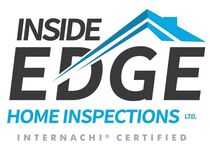
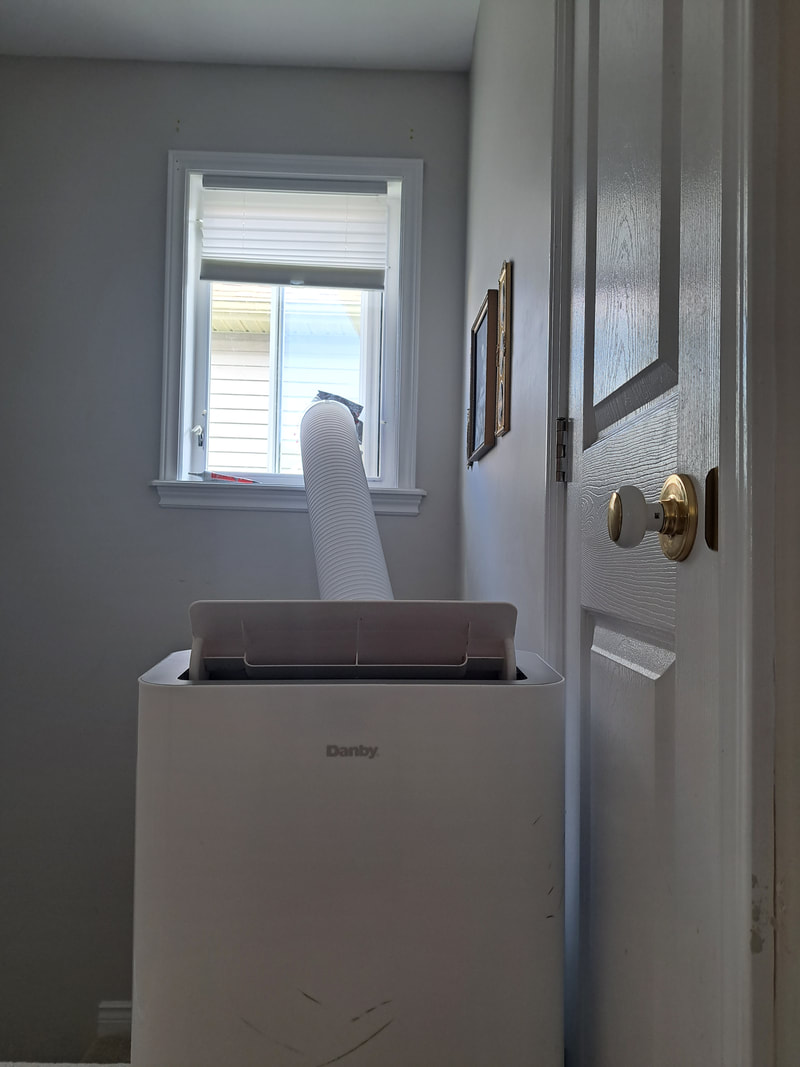
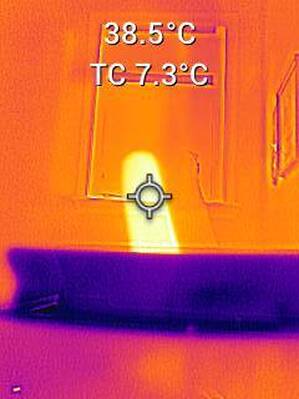
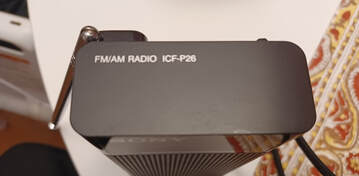
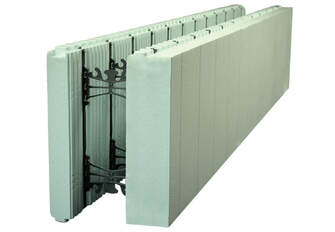
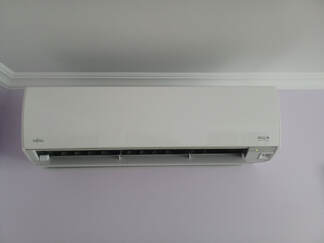
 RSS Feed
RSS Feed

